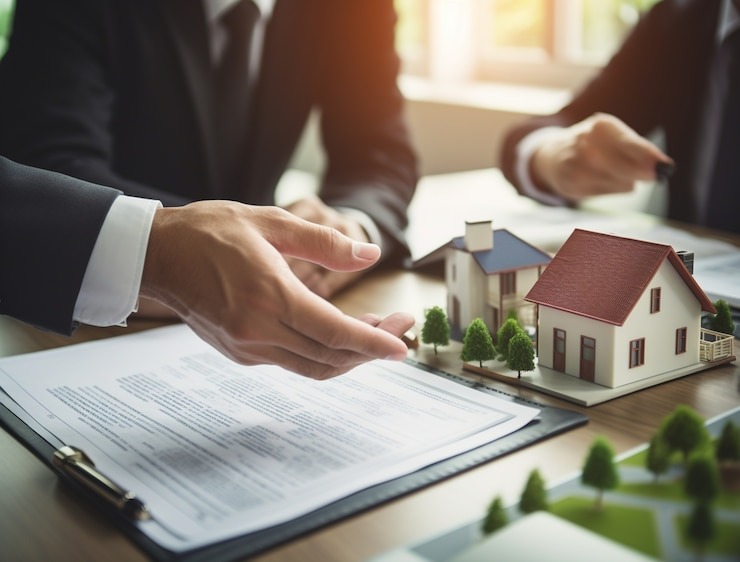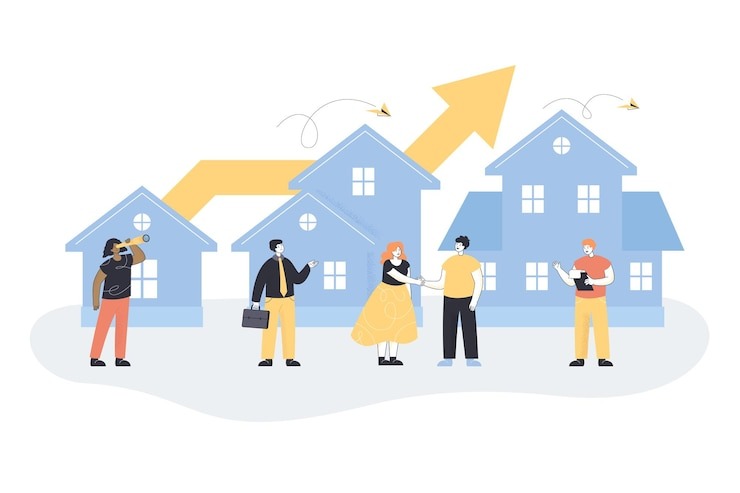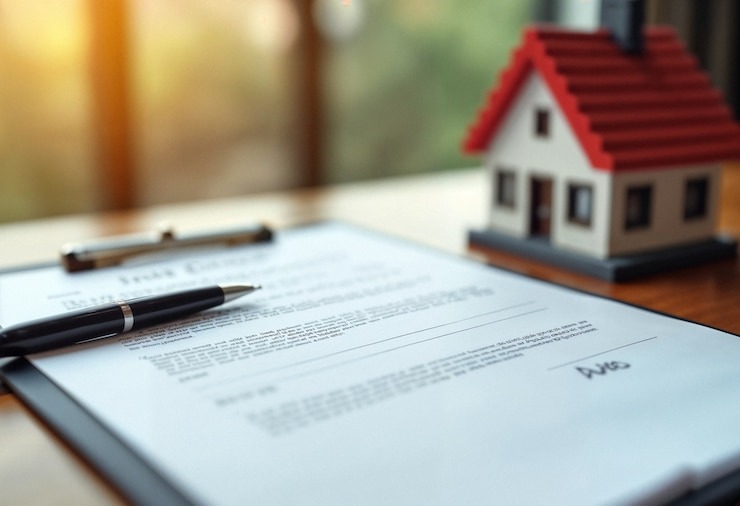When it comes to buying a property in Singapore—whether it’s a brand-new condominium or an executive home—the credibility of the developer behind the project is just as crucial as the location or layout. Verifying a developer’s licensing isn’t just a formality. It’s a smart step to safeguard your financial investment, avoid legal headaches, and ensure that your dream home doesn’t turn into a regulatory nightmare.
In this guide, we’ll break down how you can verify a developer’s license in Singapore, what regulatory bodies are involved, and what red flags you should never ignore. Whether you’re considering a high-profile launch or a boutique residence, knowing how to do your due diligence can make a major difference.

Source: freepik.com
Why Licensing Matters When Buying Property
In Singapore, any company that wants to develop and sell residential properties with more than four units must be licensed under the Housing Developers (Control & Licensing) Act. This law ensures that developers meet financial, operational, and legal requirements before marketing or selling any residential units.
Without a proper license, a developer cannot:
- Launch or advertise new housing projects
- Accept bookings or deposits from buyers
- Enter into sales agreements legally
Buying from an unlicensed developer puts your money and your rights at risk. In worst-case scenarios, you might find yourself without legal recourse if the development stalls or collapses financially.
So, before you sign anything, the first question to ask should always be: Is this developer licensed by the Controller of Housing in Singapore?
How To Check Developer Licensing Status
Thankfully, Singapore’s regulatory system is transparent and efficient. You don’t need special contacts or insider knowledge—just a bit of time and the right links.
Use the URA’s Licensed Developers Registry
The Urban Redevelopment Authority (URA) provides an up-to-date online registry of licensed housing developers. Here’s how to check:
- Go to URA’s Developers Licensing Search.
- Enter the name of the developer.
- View license details, validity dates, and any past infractions.
This tool also includes information on whether a Sale Licence or a Building Licence has been issued. A developer needs both before legally launching a project.
Cross-Check with SLA and ACRA
For added assurance, you can also verify the company’s registration via:
- Singapore Land Authority (SLA) – to ensure land ownership and transaction legality.
- Accounting and Corporate Regulatory Authority (ACRA) – to confirm company registration and financial compliance.
Projects like River Green by recognized developers offer transparency not just in marketing, but also in regulatory credentials. That’s often a sign you’re dealing with a reliable firm.
Understanding Types of Licenses
When checking developer credentials, you’ll come across two main license types issued by the Controller of Housing:
Sale Licence
This license allows the developer to sell units but only if the building is already completed or construction is about to start with proper approvals.
Building Licence
This is required if the developer wants to start selling before construction is completed. It’s more stringent and demands that the developer provide a Project Account and Housing Developer’s Project Account Rules compliance.
These project accounts protect buyers’ funds and prevent developers from misusing the money received from early sales.
What Else You Should Verify
Just because a license exists doesn’t mean the story ends there. Here are additional checks you should consider:
- Project Completion History: Has the developer completed past projects on time?
- Complaints or Legal Disputes: Check for lawsuits or complaints with CASE (Consumers Association of Singapore).
- Track Record: Are they known for design quality, after-sales service, or project delays?
- Financial Standing: Look at their ACRA records to verify if the developer is financially healthy.
Reputable developers behind projects like Springleaf Residence often have a clean record with consistent delivery standards. Looking into their past projects and customer feedback can provide helpful insights.
Warning Signs That Require Extra Caution
Some red flags should prompt immediate pause before you commit to anything:
- The developer avoids or delays sharing their license number.
- There’s no listing on URA’s official developer registry.
- They request booking fees or down payments before showing any credentials.
- The project’s sale terms are vague or inconsistent with standard practices in Singapore.
Even if the marketing is polished, always verify that their legal foundation is solid.
Legal Safeguards For Buyers
Singapore’s property system includes a robust set of buyer protection frameworks that are designed to create a fair, transparent environment for residential real estate transactions. But here’s the thing—these safeguards only work if you’re dealing with a licensed developer. If the developer isn’t properly registered, you may lose access to these protections entirely.
Let’s break down what these safeguards are and how they work in practice.
Project Account Requirement
For uncompleted residential projects (typically new launches and under-construction condos), developers are legally required to set up a Project Account with an approved financial institution. All payments you make—from booking fees to progressive installments—must be deposited into this account.
Standard Option to Purchase (OTP) and Sale & Purchase Agreement
Every licensed developer in Singapore is required to use a standardized Option to Purchase (OTP) and Sale & Purchase Agreement (S&P) format that has been pre-approved by the Controller of Housing.
This ensures buyers:
- Get clearly defined legal terms, including payment schedule, property specs, and delivery timelines.
- Are protected by cooling-off periods and well-documented procedures for withdrawal or delay.
Defects Liability Period
Every new residential property in Singapore comes with a one-year Defects Liability Period (DLP), which starts from the date of Temporary Occupation Permit (TOP) or handover—whichever comes later.
During this period:
- You can submit requests for the developer to fix structural or workmanship-related defects at no cost to you.
- Issues like water leakage, cracked tiles, or uneven flooring are typically covered—though wear and tear or self-inflicted damage is not.
- The developer is legally obligated to rectify these defects within a reasonable timeframe, typically around 30 days per submission.
This gives you peace of mind that your brand-new unit meets promised quality standards—and if it doesn’t, there’s a pathway to resolution.

Source: freepik.com
Additional Protection Through the Housing Developers Rules
Licensed developers are also subject to a broader legal framework under the Housing Developers Rules, which governs everything from advertising standards to progressive payment schemes.
Final Thoughts
Property is one of the largest investments most of us will ever make, and in Singapore’s high-stakes market, it’s essential to go in fully informed. Verifying developer licensing is the first layer of defense that gives you legal backing, financial security, and peace of mind.
Whether you’re eyeing a luxury unit near the river or a suburban gem nestled in the greenery, always run your checks. Projects like River Green and Springleaf Residence stand out not just for their locations, but because they’re backed by developers with solid credentials and transparency.
Don’t just fall for marketing brochures. Dig deeper. Ask questions. Look for proof. Because in the end, a well-built home begins with a well-licensed developer.












